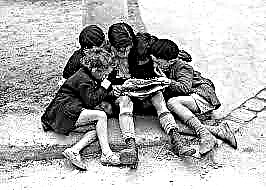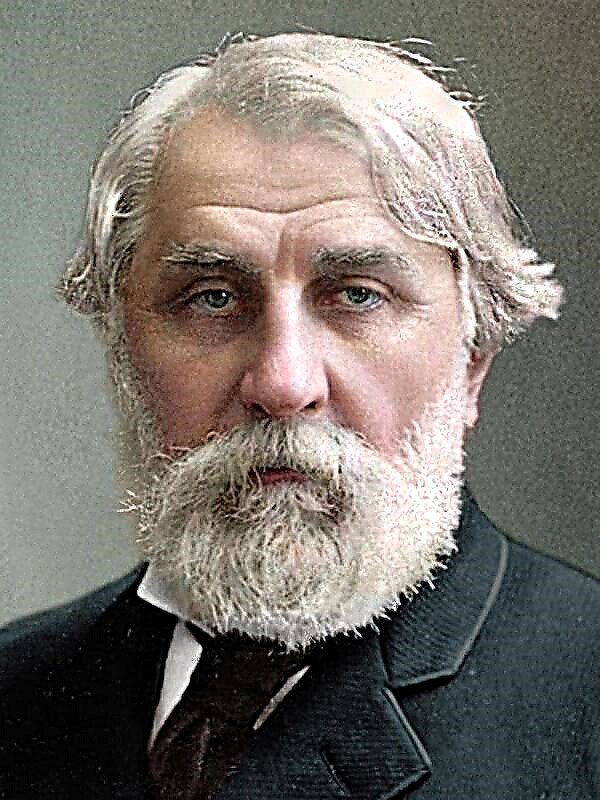“Autumn” is one of the most famous Pushkin poems. Many Russian people, looking at the leaf fall and golden carpets of foliage, will remember exactly these lines, because in them the author was able to convey admiration for the domestic nature, which is shared by almost every inhabitant of central Russia.
History of creation
Poem A.S. Pushkin was written in 1833, in a period called the Boldin autumn, because at that time the poet was in the Boldino estate. From the very first lines, Pushkin’s reverent attitude towards autumn is felt, his love for this time of the year: “The days of late autumn are usually scolded, // But she is sweet to me, dear reader, // Quiet and beautiful, shining humbly."
A.S. Pushkin shows the reader his admiration for the fall through the lines of the poem: “Dull season! Eyes charm! ”- where, as it were, contrasts the disadvantages to the advantages. The poet does not neglect other seasons: summer and spring do not awaken in him the same feelings as autumn. However, in defense of his beloved pore, the poet writes: “... I do not like spring; // The thaw is boring to me; stink, dirt - I'm sick in spring. // ... // Oh, summer is red! I would love you, // If it weren’t for heat, for dust, for mosquitoes, for flies. ” - from the above lines you can guess that the creator likes a quiet time of the year, for example, autumn or winter, when nature itself helps to create and inspires the poet for something more.
Genre, size, direction
In his poem, A.S. Pushkin chose the genre of appeal, he speaks at ease with the reader about his love for autumn, this is done so that the listener would be as clear as possible the author’s position and what thought he wanted to convey.
The poetic size, which the author chose - iambic, it allows you to achieve a measured and calm reading. The poem itself is written in octaves - a stanza of eight lines.
The work can be attributed to landscape lyrics, because it praises the beauty of the world.
The main characters and their characteristics
- The narrator plays the role of the lyrical hero in this poem, through this image Pushkin shares with the reader how he sees autumn in all its colors. In addition, the lyrical hero is Pushkin, and thus the poet allows himself to write everything that he feels when the autumn season comes.
- You can also separately consider the image of autumn as a hero who lures the narrator with his beauties and does not let go until the time of year comes to an end. The description of autumn is highly poetic. This is a special time of the year, the poet cannot explain his love for her and therefore compares the dull season with the consuming maiden: “How can I explain this? I like her, // How, probably, you are a consumptive maid // Sometimes I like it. She was condemned to death, // The poor thing is inclined to without murmur, without anger ... ”- thereby drawing a parallel between them: both are destined to fade, and both are the embodiment of the beauty of wilting.
Themes and Issues
- The main theme of the story is the beauty of nature and its admiration. A man, according to Pushkin, should feel unity with the world around him, be able to appreciate and distinguish his diversity. The poet is not indifferent to the seasons, he analyzes them and compares, finding for himself the most favorite period.
- The poet also addresses the problem of the cyclical nature of being: after birth and flowering, withering and death follow. Everything has been released from above: autumn is fleeting, like the life of a consumptive virgin. This process is beautiful, but inexorably tragic.
Idea
The poet is trying to convey to the reader the main idea of the poem, his vision of this magical and peculiar time. Pushkin opens his soul to the reader and admits that every autumn he blossoms again and urges us to discern in it not only a “dull season”, but also a time when you can catch inspiration just by looking at how they stand “in the crimson and gold clad forests. ”
The main idea of the author is to infect the reader with the beauty of wilting, delayed death, when nature goodbyes exult and swirls in the carnival of bright colors, but still in the depths of the shady gardens you can already hear the breath of cold, a harbinger of winter. To be able to discern this unmatched beauty is a sacrament to which one who opens Pushkin’s poetry collection and finds the page he touches.
Means of Expression
Among other things, the poem is filled with a huge number of epithets, without them such a vivid and rich description of autumn would not have come out: “fresh breath”, “farewell time”, “magnificent wilting”. The author also uses various metaphors to revitalize autumn, to make it “alive”: “clad forests and gold,” “a gray winter of threat,” the grove shakes off the last leaves of its naked branches. ”
Using various speech paths A.S. Pushkin gives readers the opportunity to see this wonderful time of the year with the help of the lines written by him, to be imbued with the special state that autumn bears in itself, to present it in all colors as Alexander Sergeevich himself saw it.

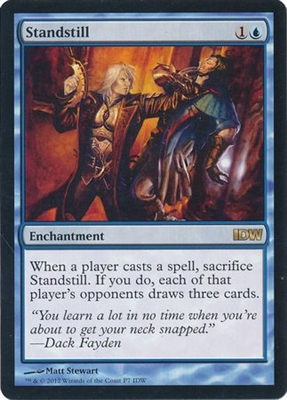

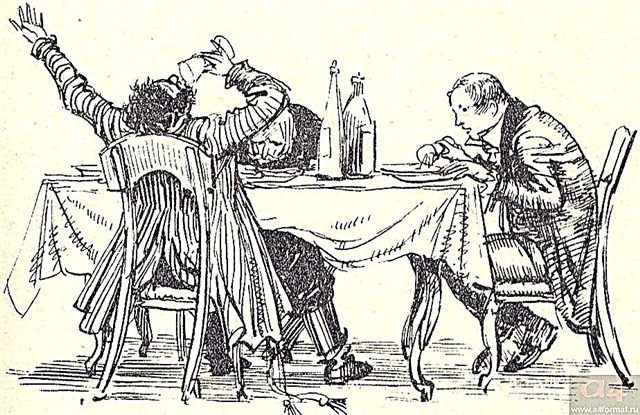
 Ratnavali
Ratnavali

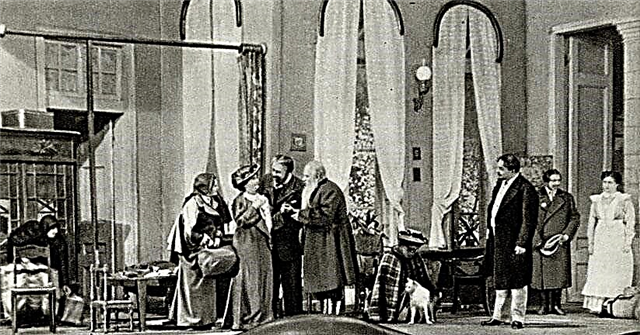
 Life as a startup
Life as a startup

